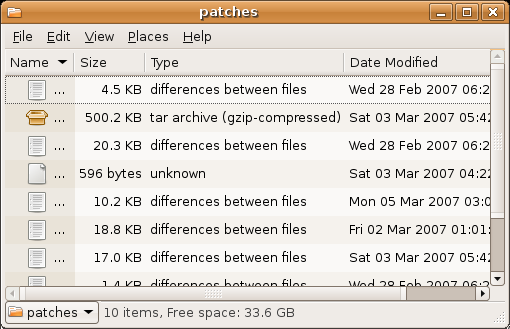The end of the tax year encouraged me to get a new 24″ 1920×1600 widescreen monitor (HP W2408H) for the sake of my back and eyes.
Ubuntu Gutsy (7.10) didn’t work with it automatically, even after a restart. The monitor complained that the input was “out of range”. It seemed to be using too high a sync rate. Doing “dpkg-reconfigure xserver-xorg” fixed it, though I naturally had to use a second PC to do that via ssh.
I was using a 17″ before, so the hugeness and brightness is disorientating. It can rotate too, so I can have a tall thin screen instead, should I ever want that. I’ve seen desks at Google (through the windows) that have two of these side by side – that would be truly useful. Weirdly, drawing of windows is noticeably slow when the screen is rotated. I wonder what that’s about. (Via System/Screen Resolution in Ubuntu. I guess that’s XRandR.)
My graphics card only has VGA output (integrated Intel 915G), so I’m probably not seeing the clearest picture. I should get a separate card with a HDMI or DVI output, but I don’t look forward to the driver problems. It looks like life will be good with AMD/ATI Radeon cards in the near future, but not until the next version of Ubuntu, I guess.

